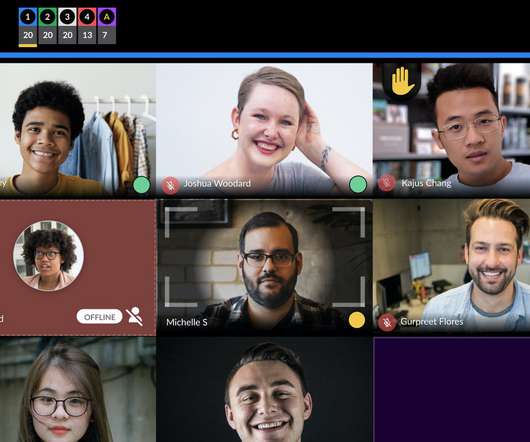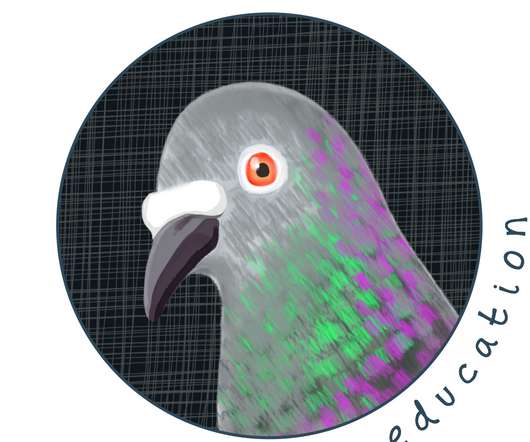Coursera Couple Returns to Higher Ed With $14.5M to Recreate In-Person Learning, Online
Edsurge
OCTOBER 14, 2020
Avida is the husband of Coursera co-founder Daphne Koller, and one of the first board members of the company that helped put the spotlight on massive online open courses, or MOOCs. Koller, who left Coursera in 2016, is currently CEO of Insitro, a drug-development startup that raised $143 million in May.

























Let's personalize your content